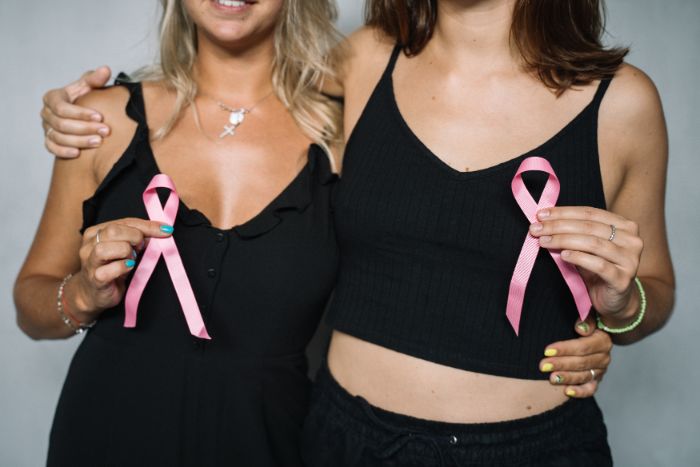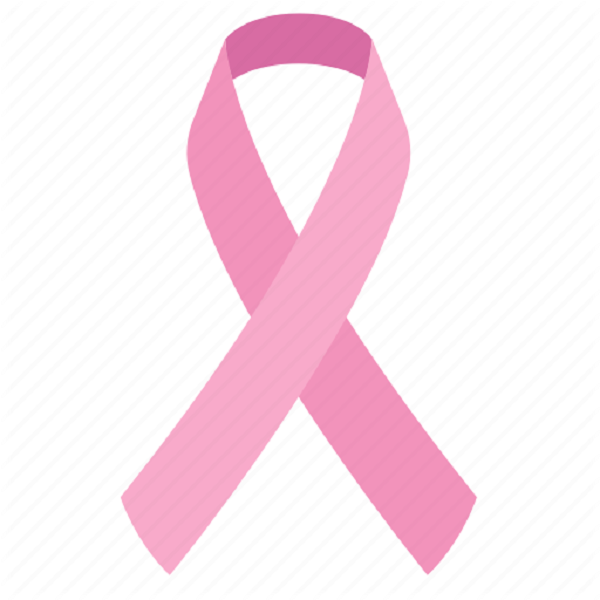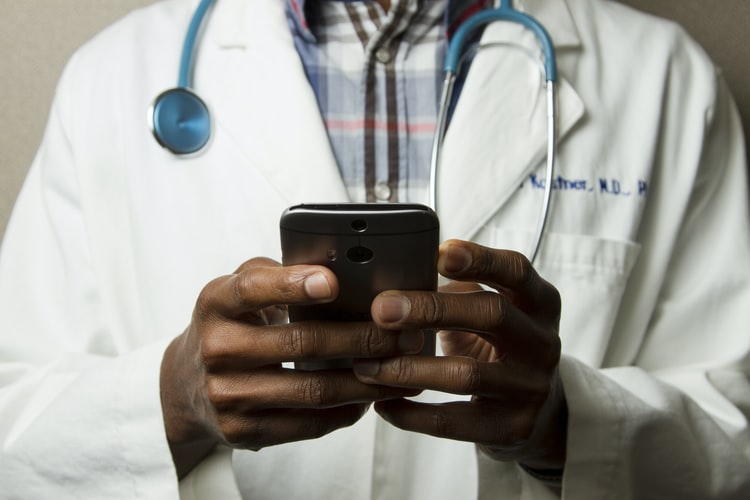“Where you live should not determine whether you live or whether you die” – Bono
National Cancer Survivors’ Day (NCSD; the first Sunday in June) falls on Sunday, June 6 in 2021. A cancer survivor is a person who has a history of cancer, from the time of diagnosis through the remainder of life.There are currently more than 50 million people living within five years of a past cancer diagnosis worldwide (up from 43.8 million in 2018) with over 230,000 of them in Nigeria. NCSD is an important opportunity to address the disparity in cancer survivorship, honour the fallen warriors (those who have succumbed to cancer) whilst raising awareness on the ongoing challenges currently facing cancer survivors.
Cancer cuts short lives, hopes, dreams, careers and destinies, leaving behind gaping holes in the hearts of families, friends, and communities. Recently, Nigeria lost two renowned Curators to cancer in two consecutive months – Olabisi Obafunke Silva (Curator of the Centre for Contemporary Art (CCA) in Lagos and younger sister of the veteran actress Joke Silva) who died from breast cancer at the age of 56 years and Okwuchukwu Emmanuel Enwezor who died from colon cancer at the age of 55 years. Okwui Enwezor was ranked by the ArtReview as one of the 100 most powerful people of the art world. He was the first non-European artistic director of the Documenta 11 in Germany and the first African curator in the 120-year history of the Venice Biennale. His last major exhibition, “El Anatsui: Triumphant Scale,” co-curated with Chika Okeke-Agulu, opened on March 8, 2019 at the Haus der Kunst, Munich, before it opened at Mathaf: Arab Museum of Modern Art on September 30, 2019.
Incidentally, Mr. Innocent Chukwuma (the former Director of Ford Foundation in West Africa) was the arrowhead of an initiative to honour Enwezor’s historic achievements. However, cancer struck yet again and cut short the illustrious life of Mr. Chukwuma who (like Enwezor) died at the age of 55 years. Innocent’s diagnosis of blood cancer was so late that he died just a few hours after the diagnosis, giving no opportunity for any form of intervention. A few months before Mr. Chukwuma’s transition, the same blood cancer cut short the life of Chisom Chukwuneke, the beautiful and brilliant 17 year old girl who made 7 A1s in the 2019 WASSCE. While I was penning down this article, yet another piece of sad news filtered in – Ify Onwuemene, the talented Nollywood actress –had succumbed toendometrial cancer, after spending over 10 million naira on treatment, part of which was raised through crowdfunding.
These highlighted cases are the tip of the iceberg of avoidable cancer deaths in Nigeria. According to the World Health Organization (WHO), every day, Nigeria loses over 200 precious lives to cancer, most of whom are unknown and unsung, but who are as precious as those whose deaths are well-known.
Cancer remains a major cause of geographic, racial, social and gender inequality and injustice. It is an important barrier to increasing life expectancy in every country of the world. Therefore, Nigeria’s low life expectancy (currently the global seventh lowest) will not improve, unless we tackle Cancer. According to WHO estimates, in 2019, cancer was the first or second leading cause of death before the age of 70 years in 112 of 183 countries. The increasing prominence of Cancer as a leading cause of death partly reflects marked decline in mortality rates of cardiovascular diseases, relative to cancer.
The WHO data shows that worldwide, there were 19.3 million new cancer cases in 2020 (up from 18.1 million in 2018), with over 120,000 new cases in Nigeria alone. There were 10 million global Cancer deaths in 2020, with 70% of the deaths occurring in developing nations like Nigeria. Furthermore, it is projected that the global cancer burden would rise to 28.4 million in 2040, a 47% rise from 2020, with a larger increase in developing nations (64% to 95%). The higher Cancer death in developing nations is a result of the dearth of infrastructure for cancer care. Non-Resident Nigerians (“the diaspora”) are not spared, because even in developed nations, cancer kills more blacks than other races.
In his 2021 Cancer Survivors’ Day message, Dr Ned Sharpless, the Director of the US National Cancer Institute (NCI), stated that “We can’t leave huge portions of society behind and expect meaningful progress. The bottom line is that we want fewer cancer diagnoses and more … survivors.” According to the American Cancer Society (ACS), efforts to build a sustainable infrastructure for cancer prevention and care in developing countries are critical for global cancer control.
A crucial way of improving cancer survivorship of Nigerians is for every Nigerian to unite in supporting the BIG War Against Cancer, and specifically the drive to establish Nigeria’s first Comprehensive Cancer Centre (CCC), a campaign championed by ↓↑GivingTide International. By addressing the cause of their death, the CCC will also honour the memory of those who have died from cancer. A CCC is NOT merely a hospital which has a radiotherapy machine. Rather, a CCC is a world-class, stand-alone tertiary health institution, with all its departments focused exclusively on cancer care. The CCC is the only institution that is optimally equipped to tackle all stages and types of cancer. By housing first-class cancer research, preventive, curative and palliative care in one place, the CCC leads to better outcomes across a range of measures – including, most importantly, cancer survival.
Sadly, India has over 200 CCC (mostly non-governmental/nonprofit), Nigeria has none. Consequently, Nigerians spend over one billion dollars on foreign treatment annually, an amount sufficient to establish 20 CCC in Nigeria every year! Tragically, those who seek care abroad often die from late intervention. Moreover, the COVID-related global lockdown has shown that medical tourism may not always be available, even if one could afford it. The worst affected are poor Cancer victims who can afford neither local nor foreign treatment.
Whilst Africa’s most populous nation (“the giant”) has no CCC, some countries in the continent which have Comprehensive Cancer Centres include South Africa, Kenya, Tanzania, Uganda, Mozambique, among others. A recent sad example of our reliance on medical tourism was the case of Senator Aisha Al-Hassan (Mama Taraba), who died in Egypt from an undisclosed illness. It is noteworthy that Egypt, with a population of 82 million, has a National Cancer Institute (NCI), several CCC & mobile units. Egypt also has the world’s largest stand-alone children cancer hospital – Children’s Cancer Hospital Egypt (CCHE). The CCHE was spearheaded by a paediatric oncologist who lost 13 of the 16 paediatric cancer patients under her care, in one day. The CCHE was built solely by donation and is sustained entirely by donation. All children who present at the CCHE are treated free irrespective of their race, creed or class. The CCHE now has a survival rate of over 90% for Chronic Myeloid Leukaemia, the same cancer that killed Chisom Chukwuneke.
On National Cancer Survivors Day, the whole world stands with all cancer survivors. ↓↑GivingTide International hereby calls on all Nigerians at home and in the diaspora to stand with those currently battling cancer, by supporting the establishment of our nation’s first Comprehensive Cancer Centre. ↓↑GivingTide is an initiative to promote concerted and catalytic philanthropy. The ↓↑GivingTide Global Trust is managed by FBNQuest Trustees, a subsidiary of FBN holdings.
The current focal cause of ↓↑GivingTide is the BIG WAR Against Cancer which is operated by the National Cancer Prevention programme (NCPP), a nongovernmental initiative of mass medical mission. NCPP has been spearheading community-based cancer prevention since 2007 which was scaled up in 2017 through the acquisition and deployment of a fleet of Mobile Cancer Centres to great effect. The project is now at the phase of establishing the first Comprehensive Cancer Centre in Nigeria.
Together, we can establish Nigeria’s first CCC in record time, which would help to stem the carnage caused by preventable and treatable Cancers. This would truly honour the memory of our beloved compatriots and preserve the lives of generations unborn. Nigerians deserve to survive cancer irrespective of where they live!



